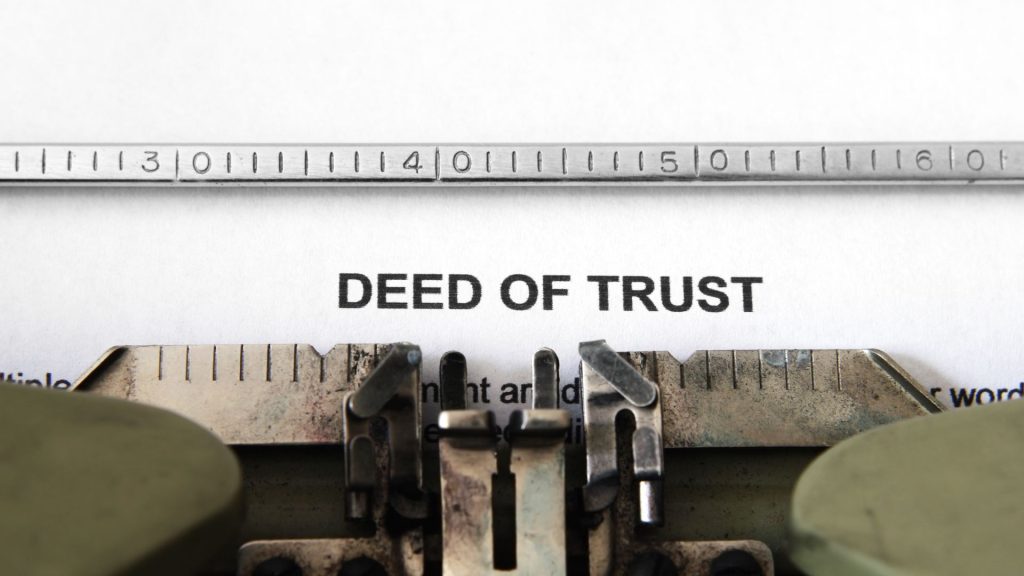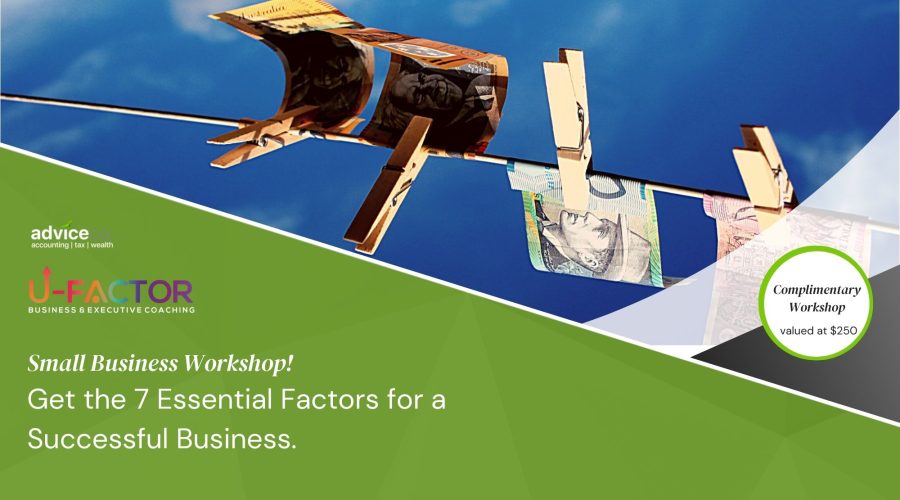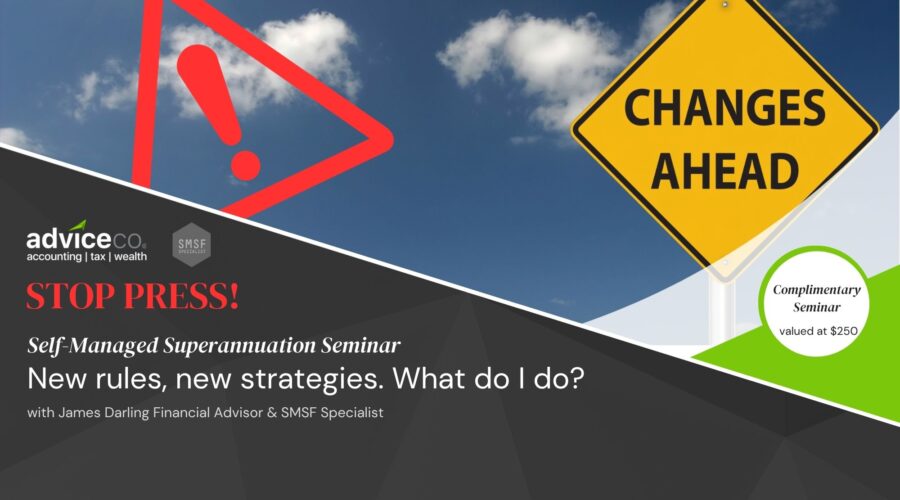It’s time to update your SMSF Trust Deed to remain compliant and benefit from new legislative opportunities! Posted on May 14, 2024

The 2023 Budget Changes
The 2023 Budget introduced sweeping changes to superannuation and in particular SMSF’s. These changes include (but are not limited to):
- Introduction of the division 296 additional 15% tax on earnings of member balances over $3 million.
- Changes to concessional & non-concessional contributions caps.
- Removal of tax exemption benefits for Transition to Retirement Income Streams (TRIS).
- Changes to preservations ages.
- Reduction of Division 293 Income Threshold from $300,000 to $250,000.
- Changes to Defined Benefit Pension schemes.
Death Benefits and Bloodline Strategies
Superannuation member interests pass, on your death, in accordance with the terms of the governing rules, or by way of nominations made by you following the governing rules. This Trust Deed provides clarity and certainty to make sure that your death benefits pass through to your nominated beneficiaries. You can even define and cascade your nominated beneficiaries to be bloodline only. This deed provides ultimate flexibility to cater for your specific circumstances. The rules have also been redefined to incorporate not only auto reversionary pensions but also all forms of non-binding to binding nominations. There are also clear directions on the powers of your substitute decision makers either on your death or disability. Without these clear rules around your nominations, it can result in a costly and emotional process for your remaining loved ones and on many occasions a great time for lawyers fighting it out in the courts.
Reversionary Status of Pension
On the establishment of your pension(s), you are usually given the option to make the pension(s) reversionary or leave as non-reversionary. Reversionary means that on your death, your pension continues to be paid to your nominated reversionary beneficiary. Circumstances change in life; this new Trust Deed allows a simple conversion to either reversionary or non-reversionary without having to restart the original pension.
Flexibility around Membership Interests
This deed allows the Trustee to impose a range of classifications and terms of membership. If your Fund has benefitted, or intends to benefit, from stamp duty concessions, then your Fund membership may be restrictive to accommodate such duty concessions. It can also restrict membership to bloodline only.
Mandatory Transfer Events
As an example, on the event of bankruptcy of a member, for the fund to stay compliant, the member must exit out of the fund as both member and trustee within a stipulated time frame. The governing rules stipulate that the Trustee does not have to have the consent of the member so as to transfer the affected member’s superannuation interest to an eligible rollover fund. This avoids the risk of non-compliance of the fund.
Stamp Duty Concessions and QROPS
Some states such as South Australia, Victoria, Western Australia and New South Wales provide concessions in circumstances in which a member transfers real property to a SMSF for their retirement benefit. The new Lightyear SMSF Trust Deed refers to, and incorporates provisions, the best outcomes in such states. It also incorporates the ability to transfer funds (as based on the satisfying the relevant criteria), as the fund qualifies as a qualifying recognised overseas pension scheme (QROPS) for the purposes of the United Kingdom Registered Pension Schemed and Overseas Pension Schemes Regulations.
Digital Currency and Other Assets
Older deeds do not consider Digital Currencies such as BitCoin. Whilst we do not offer any recommendations in respect to the use of Digital Currencies, we recognise the benefit of ensuring that your Fund can invest in new types of assets. The new Lightyear SMSF Trust Deed incorporates the ability to invest in Digital Currencies as an allowable investment of the Fund as well as the ability to create new asset types i.e. Intellectual Property.
Ease of Administration
The new Lightyear SMSF Trust Deed is easy to understand and relatable with many case studies to help illustrate key concepts and rules. There are also clear protocols built in on the happening of events for trustees to follow as well as additional forms in relation to the administration of the fund.





